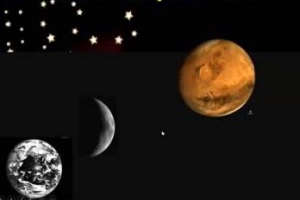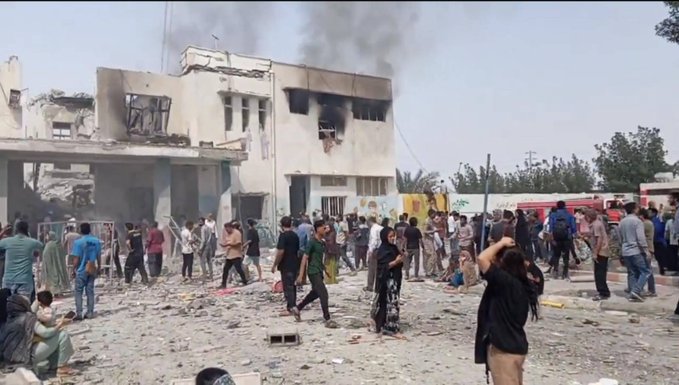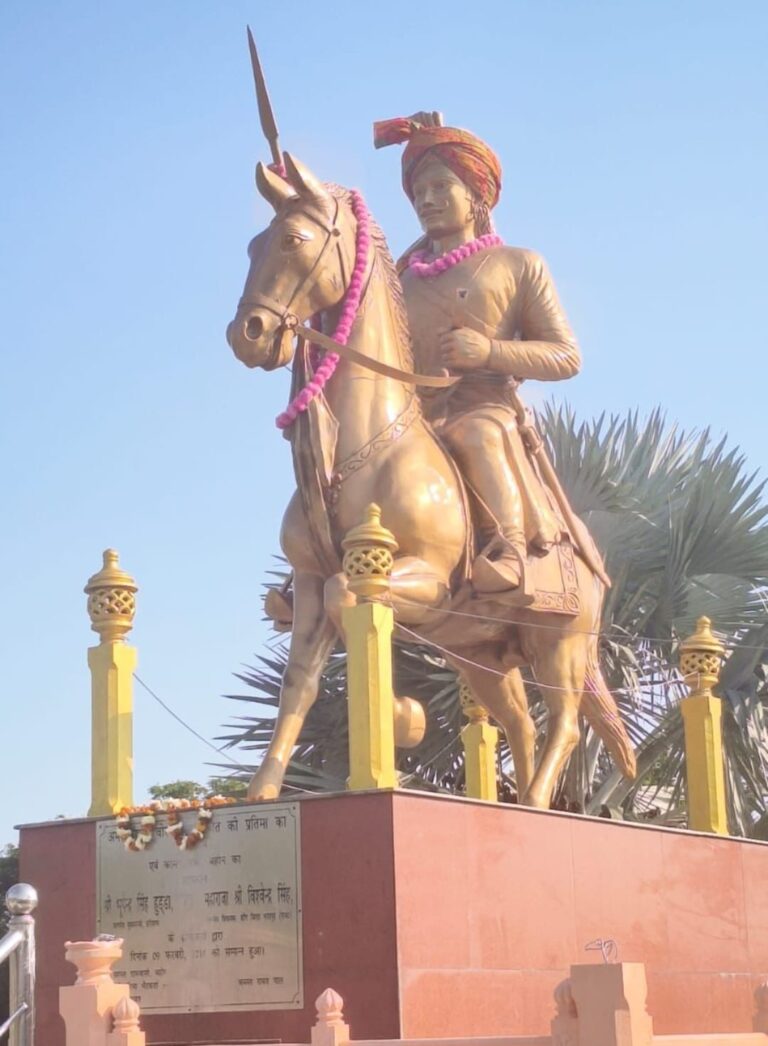
Nainital: Indian Space Research Organisation [ISRO] will launch later this year a satellite to study the only sun in our solar system, according to a top scientist quoted by the Ministry of Science and Technology.
Former ISRO chair Kiran Kumar told a five-day Indo-US workshop, that ended this week, “The satellite for Aditya-L1 Mission is near completion and most likely its launch would be this year.”
Also read: A recent study on ejections from Sun’s corona will help India’s first solar mission
ISRO and the Japan Aerospace Exploration Agency (JAXA) will collaborate on a lunar exploration mission, he revealed while giving an outline of India’s recent space missions.
In his keynote speech to the workshop, titled ‘Radiation Characterisation from Sun to Earth, Moon, Mars and Beyond’, Kumar gave a roadmap of India’s new missions up to 2025.
Aryabhatta Research Institute for Observational Sciences (ARIES), Nainital, hosted the workshop, supported by the Indo-US Science and Technology Forum.
ARIES works as an autonomous institute under the Government of India’s Department of Science and Technology, and the Indian Institute of Science Education and Research (IISER), Pune. This ARIES workshop was part of the events marking “75 years of India Independence: Azadi ka Amrit Mahotsav”.
The five-day workshop had a theme for each day – Earth, Air, and Space flight, Exploration, Space Radiation and Biology, Space Situational Awareness and Opportunities. Experts spoke on topics such as cosmic rays, solar monitoring, space exploration, space weather and its effects on satellites and astronauts; astrobiology, and balloon-based studies.
The workshop held sessions on application of artificial intelligence and machine learning tools that help in modern data analyses and modelling techniques. The workshop included a US-India space exploration session involving top scientists from both countries.
Kumar summarised ISRO’s recent mission. Chandrayaan 1 was a significant mission for ISRO, and it changed Moon’s perception for us, including discovery of OH and water molecules on the Moon, he told the workshop.
“Mars Orbiter Mission has completed seven years studying planet Mars,” said Kumar. He highlighted AstroSat mission, India’s first dedicated astronomical observatory in orbit.
“Many national institutes collaborate in this observatory. It provides data for several important studies in astral research.”
The Chandrayaan 2 orbiter’s all payloads are working, he said. “The spacecraft can work for many years. The data collected so far has resulted in many publications.”
– global bihari bureau





